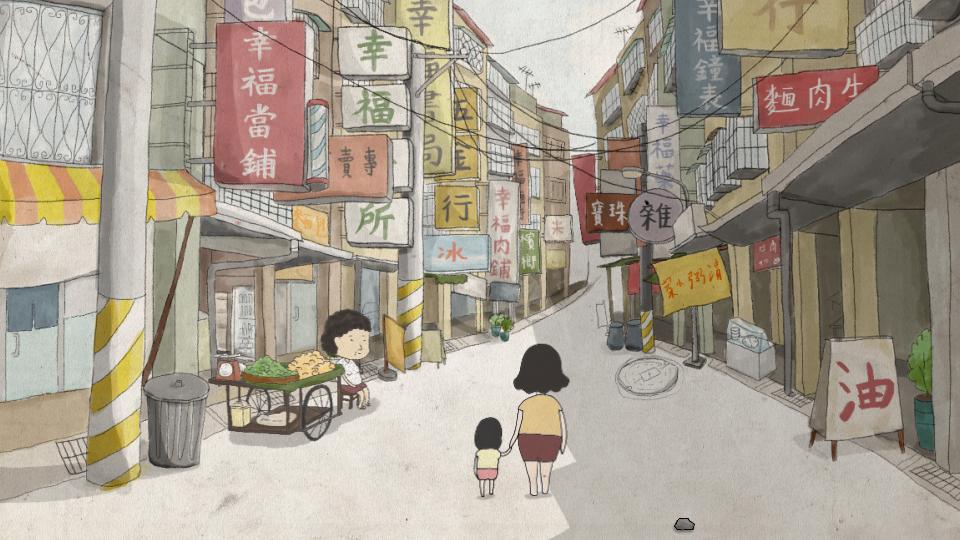“Have you become the adult you dreamed you’d become?” It’s the question posed by the new award-winning animated film “On Happiness Road,” directed by Taiwanese filmmaker Hsin-Yin Sung. If you have not become the adult you once dreamed of, what then?

At the 20th Taipei Film Awards, "On Happiness Road" won the Grand Prize, as well as the Best Animation and Audience Choice Award. Taipei Film Festival





